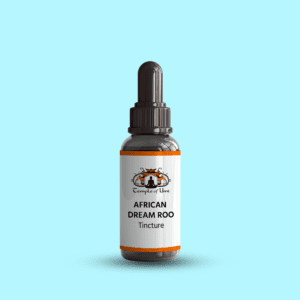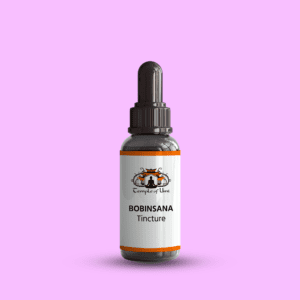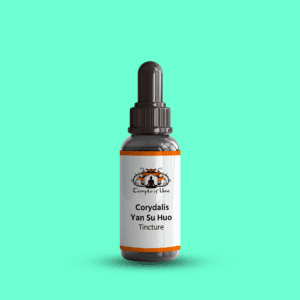A Journey into the Healing Properties of Psychedelic Mushrooms
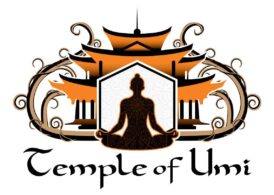
By Temple of Umi
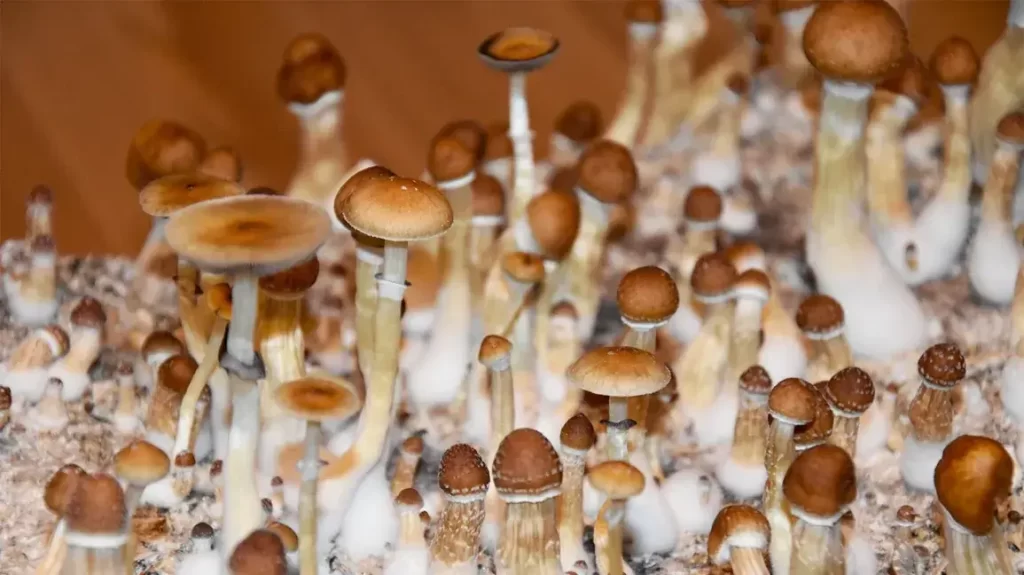
Table of Contents
In recent years, there has been a surge of interest in the therapeutic potential of hallucinogenic mushrooms, prompting researchers and mental health experts to investigate their impact on the human mind. Once connected with counterculture movements, these mystical mushrooms are now recognized for their promising ability to unlock the mind and perhaps change mental health therapy.
The therapeutic usage of hallucinogenic mushrooms captures the interest of scientists, therapists, and individuals seeking alternative healing approaches for everything from depression and anxiety to addiction and PTSD. In this article, we will explore the exciting world of psychedelics, learning about the science underlying their therapeutic potential, the risks and rewards, and the legal situation around their usage. So, prepare to enter the mind-altering realm of psychedelic mushrooms, where traditional knowledge meets modern research in pursuing mental well-being.

Table of contents
- What are Psychedelic Mushrooms?
- History of Psychedelic Mushroom Use
- The Science Behind Psychedelic Mushrooms
- Therapeutic Potential of Psychedelic Mushrooms
- Current Psychedelic Mushroom Research
- Legal Status of Psychedelic Mushrooms
- Risks and Precautions When Using Psychedelic Mushrooms
- Different Types of Psychedelic Mushrooms
- How to Consume Psychedelic Mushrooms Safely
What are Psychedelic Mushrooms?
Psychedelic mushrooms are fungi that contain hallucinogenic substances such as psilocybin and psilocin. They are also known as magic mushrooms or shrooms. These chemicals are responsible for the hallucinatory effects caused by psychedelic mushrooms. The mushrooms are usually small, brown, or tan in appearance and can be found worldwide.
Psychedelic mushrooms have been used for thousands of years, with evidence of their ingestion found in ancient cultures worldwide. They’ve been employed for spiritual and shamanic practices and recreation. Psychedelic mushrooms are well-known for their capacity to generate altered states of consciousness, which can result in intense experiences that are both instructive and transformational.
Psychedelic mushrooms are frequently consumed orally, either as raw mushrooms, brewed into tea, or incorporated into cuisine. Depending on the dosage and individual circumstances, the effects usually start 20 to 60 minutes after consumption and last 4 to 8 hours.
History of Psychedelic Mushroom Use
Psychedelic mushrooms have been used since ancient civilizations and were respected for their spiritual and medical benefits. Psychedelic mushrooms were employed in religious rites, healing rituals, and divination procedures by cultures such as the Aztecs, Mayans, and indigenous tribes of Central and South America.
One of the most well-known examples is the Mazatec people of Mexico‘s ritual use of psilocybin mushrooms. They believed that by eating these mushrooms, they could communicate with the divine and receive insight into their life. Other indigenous tribes have similarly employed psychedelic mushrooms for spiritual guidance, healing, and community connection.
Psychedelic mushrooms acquired popularity in Western civilization during the twentieth century, particularly during the counterculture movements of the 1960s and 1970s. Psychedelic mushrooms became a symbol of revolt and spiritual awakening after being influenced by the writings of authors like Aldous Huxley and Timothy Leary, who advocated for the exploration of altered states of consciousness.
However, because of their growing popularity and potential hazards, psychedelic mushrooms have been classed as Schedule I narcotics in many countries, including the United States, making them illegal to possess, cultivate, or distribute. As a result, research has slowed, and access to these drugs for therapeutic purposes has been constrained.
The Science Behind Psychedelic Mushrooms
Despite legal constraints, scientific interest in hallucinogenic mushrooms has grown substantially recently. Psilocybin, the principal hallucinogenic ingredient in psychedelic mushrooms, has been studied for its mechanisms of action and potential therapeutic effects by researchers.
When psilocybin is taken, it is transformed into psilocin, which binds to serotonin receptors in the brain, specifically the 5-HT2A receptors. This interaction alters brain activity and connections, producing typical hallucinogenic effects. These impacts can range from minor visual and aural abnormalities to significant changes in perception, cognition, and emotions.
However, psychedelic mushrooms’ medicinal promise extends beyond their ability to cause altered states of consciousness. Psilocybin has been demonstrated in studies to have long-term effects on the brain, boosting neuroplasticity and aiding the creation of new neural connections. This shows that psychedelic mushrooms could treat various mental health issues, including depression, anxiety, addiction, and post-traumatic stress disorder (PTSD).
Psilocybin’s therapeutic benefits are assumed to be mediated by activating specific brain areas involved in emotional processing and self-reflection. Psilocybin-assisted therapy has been demonstrated in studies to create emotional breakthroughs, boost feelings of connectivity, and assist individuals in gaining fresh perspectives on their lives. Because these experiences can lead to profound insights and psychological growth, psychedelic mushrooms are a promising technique in psychotherapy.
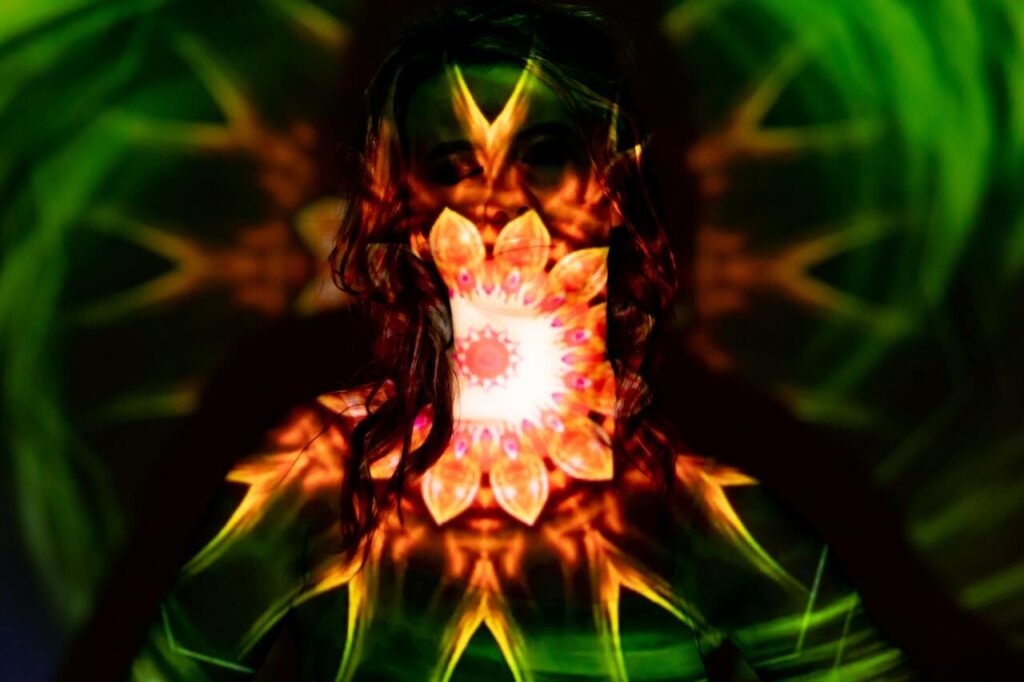
Therapeutic Potential of Psychedelic Mushrooms
Mental health practitioners and scholars are increasingly interested in the therapeutic potential of hallucinogenic mushrooms. There have been clinical trials and research to investigate the safety and efficacy of psilocybin-assisted therapy in various mental health disorders.
One application for psychedelic mushrooms is in the treatment of depression. Traditional antidepressant drugs can take weeks or even months to have an impact, and many people do not respond well to them. In contrast, psilocybin-assisted therapy has been proven to cause immediate and lasting decreases in depression symptoms, even in treatment-resistant instances.
Psychedelic mushrooms have also been studied for their potential utility in treating anxiety disorders such as generalized and social anxiety disorders. Psilocybin-induced profound experiences can assist individuals in confronting and resolving deep-seated fears and worries, resulting in long-term improvements in anxiety symptoms and overall well-being.
Psychedelic mushrooms have also shown promise in the treatment of Addiction. Psilocybin-assisted treatment has been shown in studies to help people overcome substance dependence by breaking addictive behavioral patterns and encouraging self-reflection. The profound and transformative experiences generated by psychedelic mushrooms can result in a shift in perspective and a revitalized sense of purpose, assisting individuals on their road to recovery.
Current Psychedelic Mushroom Research
The body of scientific studies on the therapeutic potential of hallucinogenic mushrooms is growing as interest in their medicinal potential grows. Many clinical trials and studies are being conducted further to investigate the efficacy and safety of psilocybin-assisted therapy.
A major study undertaken by Johns Hopkins University researchers discovered that a single dose of psilocybin when paired with supportive therapy, resulted in significant reductions in sadness and anxiety symptoms in patients with life-threatening cancer. The effects lasted up to six months, with participants reporting improved mood, quality of life, and existential discomfort.
Another study published in the New England Journal of Medicine found that psilocybin-assisted therapy reduced treatment-resistant depression. Participants who got psilocybin treatment had significantly lower depressed symptoms than those who received a placebo. The results were maintained three months following the treatment at a follow-up assessment.
These and other studies give compelling evidence for psychedelic mushrooms’ therapeutic potential and emphasize the need for additional studies to discover appropriate treatment protocols, dose guidelines, and long-term effects.
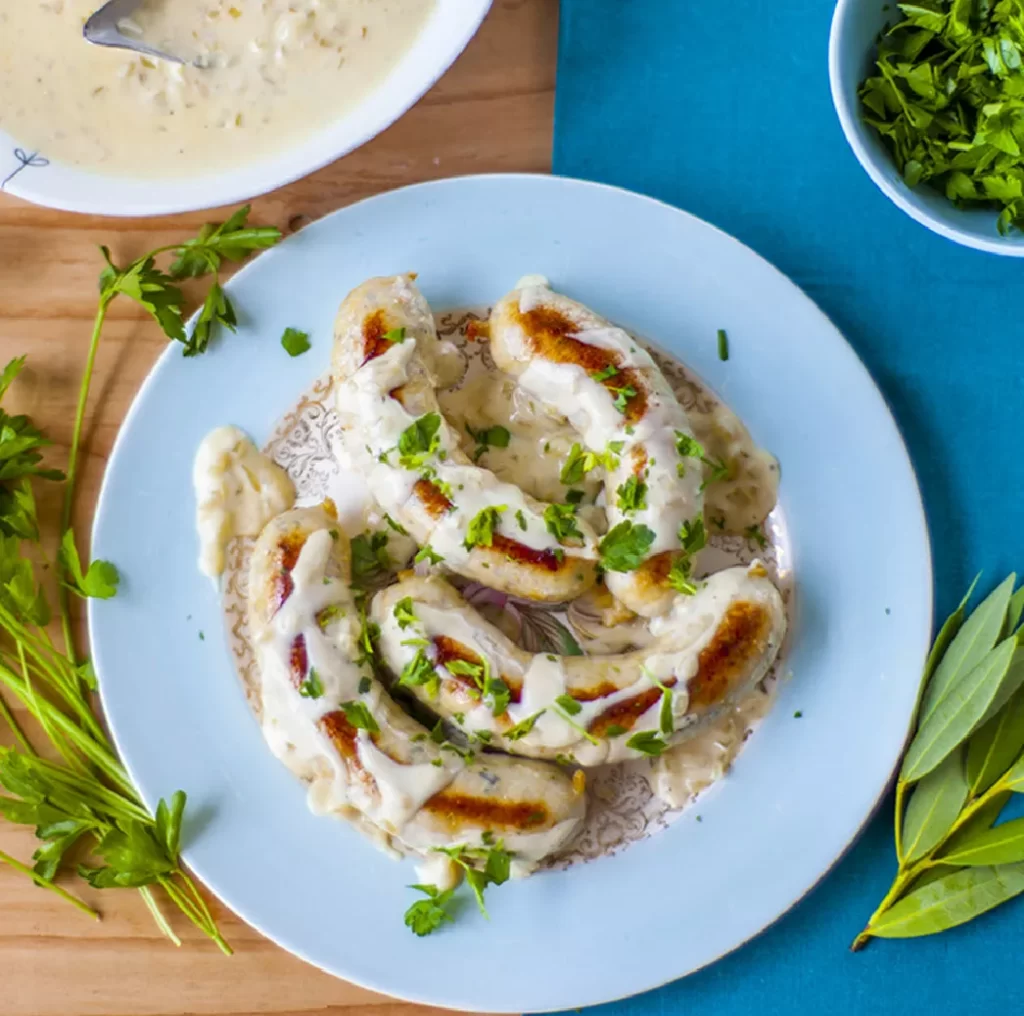
Legal Status of Psychedelic Mushrooms
The legal status of psychedelic mushrooms varies from country to country. In many places, including the United States, they are classified as Schedule I substances, making them illegal to possess, cultivate, or distribute. However, there are exceptions and ongoing efforts to change these laws.
In recent years, there has been a growing movement to decriminalize or legalize psychedelic mushrooms for therapeutic or medical purposes. Several cities, including Denver, Colorado, and Oakland and Santa Cruz, California, have decriminalized the possession and use of psychedelic mushrooms. In some countries, such as Brazil, Jamaica, and the Netherlands, psychedelic mushrooms are legal or tolerated to varying degrees.
The changing legal landscape reflects a shift in public perception and a recognition of the potential benefits of psychedelic mushrooms in mental health treatment. As research continues to demonstrate their therapeutic value, the legal status of psychedelic mushrooms will likely evolve in the coming years, potentially opening up new avenues for their use in clinical settings.
Risks and Precautions When Using Psychedelic Mushrooms
While psychedelic mushrooms show promise as a therapeutic tool, it is essential to recognize and understand the risks associated with their use. Like any powerful psychoactive substance, psychedelic mushrooms can positively and negatively affect individuals.
One of the primary risks is the potential for a challenging or overwhelming experience, commonly called a “bad trip.” This can occur when individuals are unprepared or in an unsupportive environment, leading to intense anxiety, confusion, and fear. The emotional intensity of a bad trip can be distressing and require professional support to navigate.
Another risk is the potential for adverse physical and psychological reactions. Some individuals may experience nausea, vomiting, or headaches after consuming psychedelic mushrooms. In rare cases, individuals with underlying mental health conditions or a predisposition to psychosis may have a worsening of symptoms or a psychotic episode.
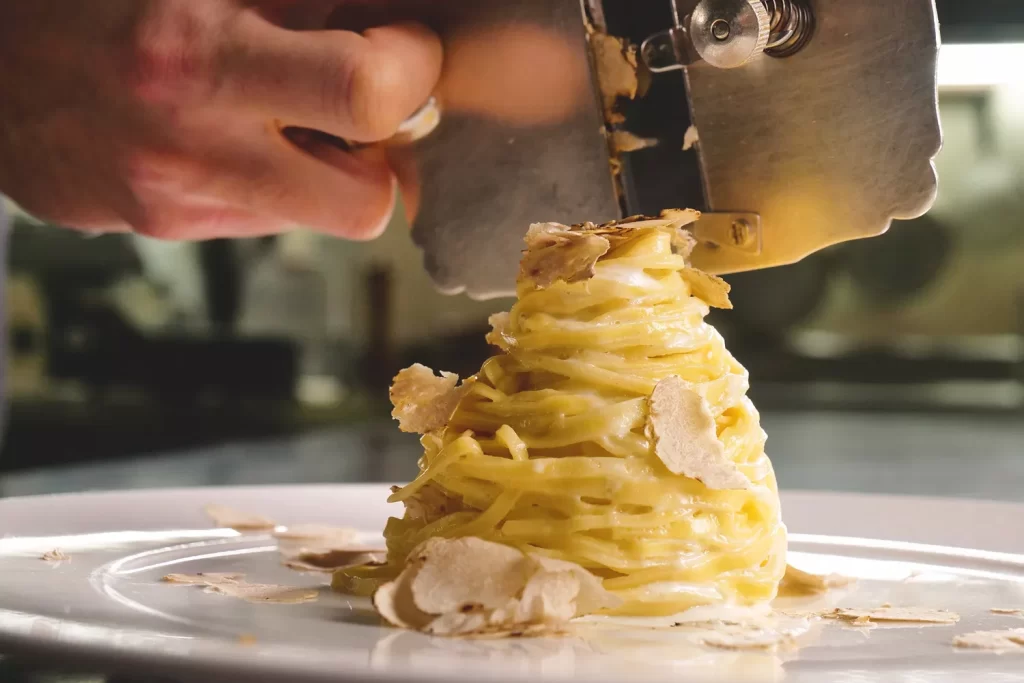
To minimize these risks, it is crucial to approach psychedelic mushrooms with caution and respect.
It is recommended to have a trusted guide or sitter present, especially for individuals who are inexperienced or seeking therapeutic benefits. Creating a safe and comfortable environment, practicing harm reduction strategies, and adhering to recommended dosage guidelines can help mitigate potential risks and enhance the overall experience.
Different Types of Psychedelic Mushrooms
Psychedelic mushrooms come in various species and strains, each with unique effects and potency. The most common types include Psilocybe cubensis, semilanceata, and Mexicana. Each species has a different concentration of psilocybin and psilocin, resulting in varying intensities and durations of the psychedelic experience.
It is important to note that identifying and consuming wild mushrooms can be dangerous, as poisonous look-alike species can cause harm or even be lethal. Therefore, obtaining psychedelic mushrooms from reputable sources or cultivating them under controlled conditions is recommended to ensure their safety and purity.
How to Consume Psychedelic Mushrooms Safely
When consuming psychedelic mushrooms, it is essential to prioritize safety and responsible use. Here are some guidelines to help ensure a positive and safe experience:
- Start with a low dose: Begin with a low dosage to gauge your sensitivity and response to the effects. It is advisable to start with 1 to 1.5 grams of dried mushrooms and gradually increase the dosage in subsequent sessions if desired.
- Choose the right setting: Create a comfortable and safe environment for your psychedelic journey. Choose a quiet and familiar space where you feel at ease, preferably with a trusted friend or sitter present to provide support if needed.
- Prepare yourself mentally and emotionally: Set clear intentions for your experience and prepare yourself mentally and emotionally. Reflect on what you hope to gain or explore, and approach the journey with an open mind and a willingness to surrender to the experience.
- Stay hydrated and nourished: Drink plenty of water before, during, and after your psychedelic experience to stay hydrated. Having light and easily digestible snacks on hand is also advisable to replenish your energy levels.
- Integrate your experience: After the psychedelic experience, reflect and integrate the insights and emotions that arose during the journey. Journaling, meditation, and engaging in meaningful discussions with others can deepen your understanding and make the most of the experience.
Remember, psychedelic mushrooms are powerful tools that should be approached with respect and caution. Always prioritize your safety and well-being, and consult a healthcare professional if you have any concerns or pre-existing medical conditions.
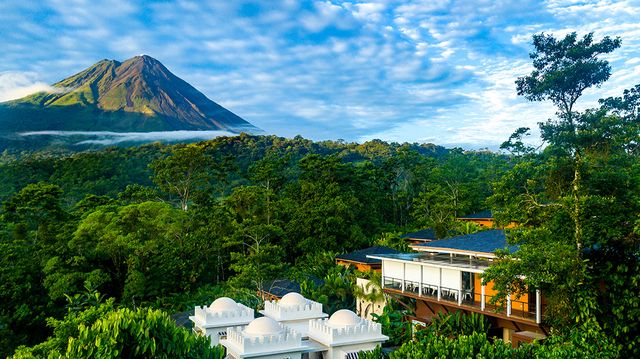
Conclusion: Unraveling the Therapeutic Power of Psychedelic Mushrooms
The therapeutic potential of psychedelic mushrooms is a fascinating and rapidly evolving field of research. From ancient shamanic practices to modern clinical trials, these mystical fungi have captured the attention of scientists and mental health professionals worldwide. The profound and transformative experiences induced by psychedelic mushrooms offer a promising avenue for treating mental health conditions such as depression, anxiety, addiction, and PTSD.
As research continues to uncover the science behind their therapeutic effects, the legal status of psychedelic mushrooms is also evolving. Decriminalization efforts and changing public perception pave the way for increased access and exploration of their potential benefits.
However, it is essential to approach psychedelic mushrooms with caution and respect. Understanding the risks, preparing oneself mentally and emotionally, and consuming them in a safe and supportive environment is crucial for a positive and transformative experience.
In the quest for mental well-being, psychedelic mushrooms offer a unique and profound journey into the depths of the mind. As science and society continue to unlock their therapeutic potential, these mystical fungi may revolutionize mental health treatment and offer new avenues for healing and self-discovery. So, whether you are a curious explorer or a dedicated researcher, the world of psychedelic mushrooms awaits, inviting us to unlock the hidden realms of the mind and embark on a transformative journey of healing and self-discovery.
Learn About 7 Affordable Wellness Retreats Near you in the USA
Get away with one of these 7 budget-friendly nearby wellness retreats! Re-energize yourself with one of these refreshing trips and come back revitalized. Learn more.
Health Retreat – 18 Wellness Retreats To Reset Your Body And Mind
Health retreat: Hand-picked foreign places will put a spring in your step, physically and emotionally.
“Travel is like a tonic to me,” American artist and legend Norman Rockwell once stated. It’s more than simply taking a break from the studio. I’m going to need it to replenish my batteries.” While Rockwell’s comments are ageless, they seem to ring especially true in present times—with continual connection and screen time at an all-time high, a mental and physical refresh with a T&C twist is absolutely on the money. Learn more.
If you are Looking for Mental health retreat? Try These Life-Changing Retreats!
A mental health retreat allows you to take a short break from your life to focus on your wellness. Even under the best circumstances, dealing with daily stresses may be difficult. learn more.
What is trauma bonding?
The psychological response to maltreatment is trauma bonding. It happens when the victim of abuse develops an unhealthful attachment with the abuser. Learn more.
Where to get Ayahuasca retreat in USA?
It is essential to be aware of the fact that Ayahuasca is not legalized in all states in the US. Therefore, some due diligence is essential when looking for an authentic and legal ayahuasca source in the US. Learn more.
What are Spiritual Retreats
Are you looking for a spiritual retreat near you? This guide introduces the top seven spiritual retreats in your area – so start exploring and find one that’s right for you! Learn more.
Ayahuasca Retreat In Atlanta, GA, USA. Click here.
The Inherent Benefits Of Ayahuasca. Click here..
Ayahuasca medicin. Click here..
Ayahuasca plant. Click here..
- Sacred Plant Medicine Retreats in Georgia
- 5 Ayahuasca Retreats in California Worth Exploring
- 7 Best Aya Retreats in America. Click here.
- Mcdonough Ayahuasca retreat
- Conley Ayahuasca retreat
- Whitesburg Ayahuasca retreat
- Brooks Ayahuasca retreat
- Gay Ayahuasca retreat
- Williamson Ayahuasca retreat
- Orchard Hill Ayahuasca retreat
- Glenn Ayahuasca retreat
- Luthersville Ayahuasca retreat
- Shady Dale Ayahuasca retreat
- Bowdon Junction Ayahuasca retreat
- Sargent Ayahuasca retreat
- Greenville Ayahuasca retreat
- Lovejoy Ayahuasca retreat
- Winston Ayahuasca retreat
- Rutledge Ayahuasca retreat
- Moreland Ayahuasca retreat
- Molena Ayahuasca retreat
- Lebanon Ayahuasca retreat
- Good Hope Ayahuasca retreat
- Haralson Ayahuasca retreat
- An Inclusive List of Psychedelic Quotes
- Mount Ayahuasca retreat
- Grantville Ayahuasca retreat
- Pine Lake Retreat near
- Rydal Ayahuasca retreat
- Porterdale Ayahuasca retreat
- Waco Ayahuasca retreat
- Temple Ayahuasca retreat
- Bethlehem Ayahuasca retreat
- Jenkinsburg Ayahuasca retreat
- Adairsville Ayahuasca retreat
- Red Oak Ayahuasca retreat
- Woodbury Ayahuasca retreat
- Cassville Ayahuasca retreat
- Redan Ayahuasca retreat
- North Decatur Ayahuasca retreat
- Grantville Ayahuasca retreat
- Hillsboro Ayahuasca retreat
- Jackson Ayahuasca retreat
- Braselton Ayahuasca retreat
- Zebulon Ayahuasca retreat
- Flovilla Ayahuasca retreat
- Auburn Ayahuasca retreat
- Warm Springs Ayahuasca retreat
- Scottdale Ayahuasca retreat
- Lithia Springs Ayahuasca retreat
- Villa Rica Ayahuasca retreat
- Grayson Ayahuasca retreat
- Sunny Side Ayahuasca retreat
- Senoia Ayahuasca retreat
- Locust Grove Ayahuasca retreat
- Chamblee Ayahuasca retreat
- Fairburn Ayahuasca retreat
- Snellville Ayahuasca retreat
- Monticello Ayahuasca retreat
- Union City Ayahuasca retreat
- Tallapoosa Ayahuasca retreat
- Bremen Ayahuasca retreat
- Hampton Ayahuasca retreat
- Monroe Ayahuasca retreat
- Marble Hill Ayahuasca retreat
- Madison Ayahuasca retreat
- Dawsonville Ayahuasca retreat
- Felton Ayahuasca retreat
- Concord Ayahuasca retreat
- Mansfield Ayahuasca retreat
- Taylorsville Ayahuasca retreat
- Roopville Ayahuasca retreat
- Turin Ayahuasca retreat
- Franklin Ayahuasca retreat
- Clarkdale Ayahuasca retreat
- Talking Rock Ayahuasca retreat
- Jersey Ayahuasca retreat
- Kingston Ayahuasca retreat
- Bostwick Ayahuasca retreat
- North Metro Ayahuasca retreat
- Meansville Ayahuasca retreat
- Social Circle Ayahuasca retreat
- White Ayahuasca retreat
- Rhode Island Ayahuasca retreat
- Maryland Ayahuasca retreat
- Delaware Ayahuasca retreat
- New Jersey Ayahuasca retreat
- Connecticut Ayahuasca retreat
- Massachusetts Ayahuasca retreat
- Hampshire Ayahuasca retreat
- Pennsylvania Ayahuasca retreat
- New York Ayahuasca retreat
- Florida Ayahuasca retreat
- South Carolina Ayahuasca Retreat
- North Carolina Ayahuasca Retreat
- West West Virginia Ayahuasca retreat
- Virginia Ayahuasca retreat
- Ohio Ayahuasca retreat
- Alabama Ayahuasca retreat
- Mississippi Ayahuasca retreat
- Tennessee Ayahuasca retreat
- Kentucky Ayahuasca retreat
- IndianaAyahuasca retreat
- ILLINOIS Ayahuasca retreat
- Missouri Ayahuasca retreat
- Arkansas Ayahuasca retreat
- Louisiana Ayahuasca retreat
- Texas Ayahuasca retreat
- Oklahoma Ayahuasca retreat
- KansasAyahuasca retreat
- Ayahuasca retreats near me in Experiment.
- A wellness retreat in Georgia
- What is Ayahuasca?
- Embark on a Journey of Transformation with Spiritual Healing
- Unveiling Healing Energy at the Temple of Umi
- 10 Energy Healing Techniques to Transform Your Life
- Where to get Ayahuasca in the USA
- Top Ayahuasca retreats in the USA. Learn more.
- Cost of Ayahuasca Retreat: Balancing Cost and Experience. Learn more.
- What is trauma bonding?
- A Journey into the Healing Properties of Psychedelic Mushrooms. Learn more.
- Ayahuasca Retreat Georgia – Experience Spiritual Awakening
- Spiritual Retreats Georgia
- Shaman in America Exploration
- Shamanism – Shamanic healing
- Shaman Healing Guide
- Ayahuasca ceremonies Ayahuasca ceremonies near you in the USA
- Ayahuasca Experience
- DMT Journey, Benefits, and Side Effects
- Iowaska – What is it?
- Plant medicine retreats in Georgia
- Why massage is beneficial, according to a cardiologist.
- Are mushrooms truffles – What Is a Truffle?
- 11 Best Ayahuasca Retreats in the USA for Spiritual Healing
- What is Rapé?
- What is a Tincture?
- Where to find Ayahuasca near me
- Healing retreats USA
- Best Retreats USA

